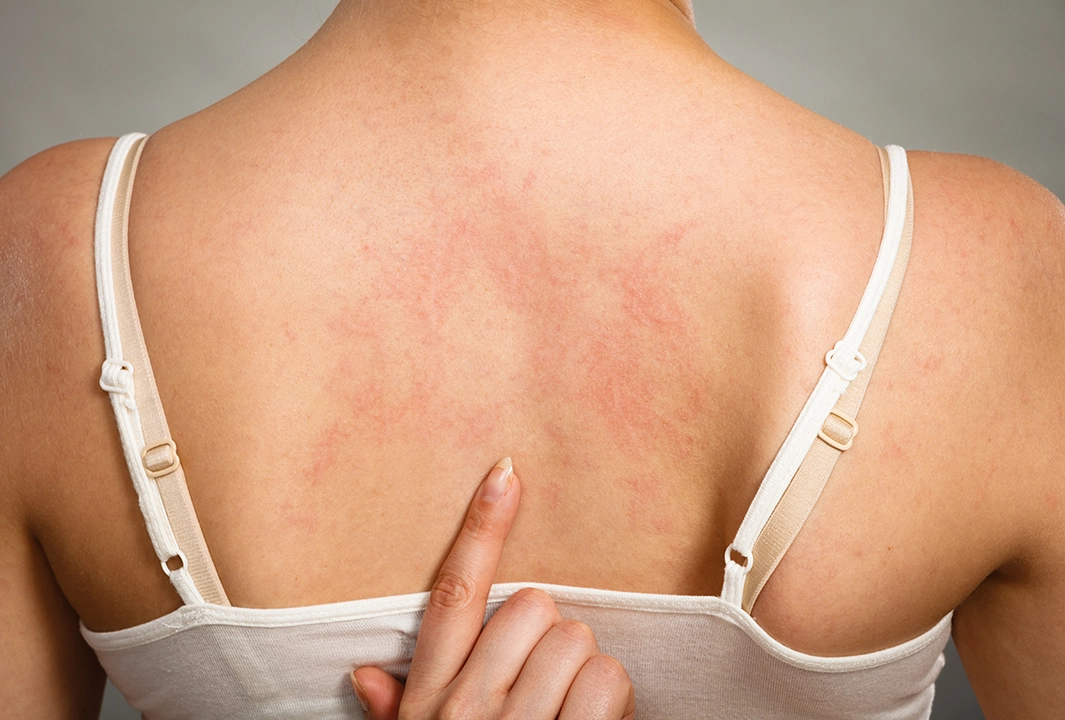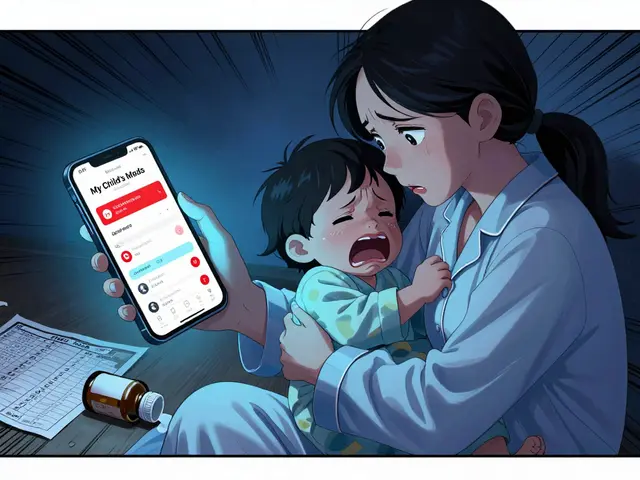Introduction to Irritant Contact Dermatitis
Irritant contact dermatitis is a common skin condition that occurs when your skin comes into contact with substances that are irritating or harmful. It can affect people of all ages and can be quite uncomfortable and distressing if not treated properly. In this article, we will take a closer look at the causes of irritant contact dermatitis and explore effective treatments to help you manage this condition.
Recognizing the Symptoms of Irritant Contact Dermatitis
Before diving into the causes and treatments of irritant contact dermatitis, it's important to understand the symptoms of this condition. Common symptoms include redness, itching, burning, and stinging sensations on the skin. In more severe cases, you may also notice blisters, swelling, and even skin cracking. If you're experiencing these symptoms after coming into contact with an irritant, it's likely that you have irritant contact dermatitis.
Common Causes of Irritant Contact Dermatitis
There are countless substances that can cause irritant contact dermatitis, but some of the most common culprits include:
Chemicals and Solvents
Chemicals found in cleaning products, detergents, and solvents can be very harsh on the skin and trigger irritant contact dermatitis. People who work with these substances regularly, such as cleaners, mechanics, and hairdressers, are at a higher risk of developing this condition.
Physical Irritants
Physical irritants like abrasive materials, rough fabrics, and friction can also cause irritant contact dermatitis. Wearing tight clothing, using rough towels, and exposure to dust or sand can all contribute to this condition.
Environmental Factors
Environmental factors like extreme temperatures, humidity, and exposure to water can also irritate the skin and lead to irritant contact dermatitis. People who work outdoors or in wet environments may be more prone to developing this skin condition.
Preventing Irritant Contact Dermatitis
Prevention is key when it comes to managing irritant contact dermatitis. Here are some helpful tips to prevent skin irritation:
- Avoid using harsh soaps, detergents, and cleaning products. Opt for mild, fragrance-free options instead.
- Wear gloves when handling chemicals or solvents, and wash your hands thoroughly after contact.
- Choose clothing made from soft, breathable materials like cotton, and avoid tight clothing that can cause friction on the skin.
- Protect your skin from extreme temperatures and humidity by wearing appropriate clothing and using moisturizers.
- Limit your exposure to water by taking shorter showers and wearing gloves when washing dishes.
Treating Irritant Contact Dermatitis at Home
If you're experiencing mild to moderate irritant contact dermatitis, you can try some home remedies to alleviate your symptoms:
- Apply a cold compress to the affected area to help reduce inflammation and soothe itching and burning sensations.
- Use over-the-counter hydrocortisone cream to help reduce itching and inflammation. Follow the directions on the label and consult your doctor if your symptoms don't improve after a few days.
- Take an oral antihistamine to help alleviate itching and irritation, but be aware that some antihistamines can cause drowsiness.
- Keep the affected area clean and dry, and avoid scratching or rubbing the skin to prevent further irritation and potential infection.
When to Seek Professional Help
If your irritant contact dermatitis symptoms are severe, persistent, or not improving with home remedies, it's important to consult a dermatologist or healthcare professional. They can assess your condition, determine the cause of your skin irritation, and recommend appropriate treatment options.
Professional Treatments for Irritant Contact Dermatitis
If home remedies aren't providing relief, your healthcare professional may recommend one of the following treatments:
Prescription Corticosteroid Creams
Your doctor may prescribe a stronger corticosteroid cream to help reduce inflammation and itching. These creams should be used as directed and for a limited time, as long-term use can cause side effects and skin damage.
Barrier Creams
Barrier creams can help protect your skin from irritants and are particularly useful for people who are regularly exposed to harmful substances at work. Your doctor can recommend the appropriate barrier cream for your specific needs.
Oral Medications
In severe cases, your doctor may prescribe oral medications like corticosteroids or antibiotics to help reduce inflammation and treat any potential infections.
Conclusion
Irritant contact dermatitis can be a frustrating and uncomfortable condition, but understanding its causes and treatments can help you manage it effectively. By taking preventive measures, trying home remedies, and seeking professional help when necessary, you can minimize the impact of irritant contact dermatitis on your life and enjoy healthier, more comfortable skin.







Kelly McDonald
April 30, 2023 AT 23:50